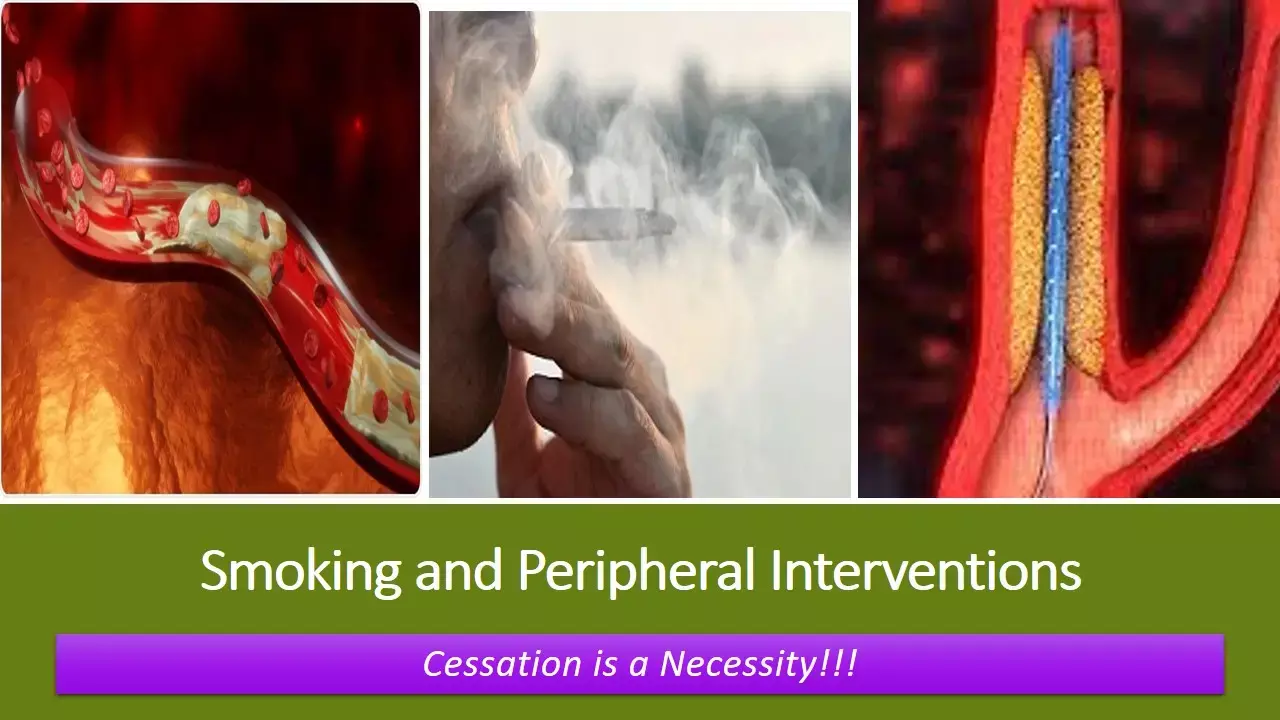- Home
- Medical news & Guidelines
- Anesthesiology
- Cardiology and CTVS
- Critical Care
- Dentistry
- Dermatology
- Diabetes and Endocrinology
- ENT
- Gastroenterology
- Medicine
- Nephrology
- Neurology
- Obstretics-Gynaecology
- Oncology
- Ophthalmology
- Orthopaedics
- Pediatrics-Neonatology
- Psychiatry
- Pulmonology
- Radiology
- Surgery
- Urology
- Laboratory Medicine
- Diet
- Nursing
- Paramedical
- Physiotherapy
- Health news
- Fact Check
- Bone Health Fact Check
- Brain Health Fact Check
- Cancer Related Fact Check
- Child Care Fact Check
- Dental and oral health fact check
- Diabetes and metabolic health fact check
- Diet and Nutrition Fact Check
- Eye and ENT Care Fact Check
- Fitness fact check
- Gut health fact check
- Heart health fact check
- Kidney health fact check
- Medical education fact check
- Men's health fact check
- Respiratory fact check
- Skin and hair care fact check
- Vaccine and Immunization fact check
- Women's health fact check
- AYUSH
- State News
- Andaman and Nicobar Islands
- Andhra Pradesh
- Arunachal Pradesh
- Assam
- Bihar
- Chandigarh
- Chattisgarh
- Dadra and Nagar Haveli
- Daman and Diu
- Delhi
- Goa
- Gujarat
- Haryana
- Himachal Pradesh
- Jammu & Kashmir
- Jharkhand
- Karnataka
- Kerala
- Ladakh
- Lakshadweep
- Madhya Pradesh
- Maharashtra
- Manipur
- Meghalaya
- Mizoram
- Nagaland
- Odisha
- Puducherry
- Punjab
- Rajasthan
- Sikkim
- Tamil Nadu
- Telangana
- Tripura
- Uttar Pradesh
- Uttrakhand
- West Bengal
- Medical Education
- Industry
Smoking status impacts outcomes of patients undergoing interventions for PAD, JAMA study

Smoking is a key modifiable risk factor in the development and progression of peripheral artery disease, which often manifests as intermittent claudication (IC). Smoking cessation is a first-line therapy for IC, yet a minority of patients quit smoking prior to elective revascularization.
In an online issue of JAMA Cardiology Reitz et al have reported that smoking is associated with an increased risk of early postprocedural complications following open and endovascular interventions for IC. The study thus emphasizes smoking cessation prior to elective revascularization for IC.
To assess if preprocedural smoking is associated with an increased risk of early postprocedural complications following elective open and endovascular revascularization, Reitz et al conducted a retrospective cohort study and examined the association of preprocedural smoking with 30-day mortality and organ-specific complications.
A total of 7820 patients (54.5%) were smoking in the year prior to the procedure. Comparing smokers and nonsmokers among 7710 propensity-matched patients, the investigators found that:
1. Smokers had a higher 30-day mortality and also a higher rate of 30-day post procedural complications (12.6% vs 8.9%) with an increase in absolute risk of 3.68%.
2. The risk of respiratory complications was higher among smokers regardless of whether they underwent endovascular, hybrid, or open revascularization procedures.
3. Wound and thrombotic complications and graft failure were higher for smokers undergoing open revascularization procedures.
4. Compared with active smokers (smoking within 2 weeks of intervention), never smokers had a 65% lower risk of any complication and former smokers(quit smoking more than 1 year) had a 29% lower risk.
The findings of this study underscore the importance of smoking cessation in patients with PAD who are undergoing elective revascularization procedures for intermittent claudication and have implications for all patients with PAD who smoke cigarettes.
An alarming finding is that the proportion of active smokers in this study exceeded 50%. Therefore, smoking cessation programs targeting patients with PAD are needed.
Contemporary smoking cessation therapy:
"The connection between smoking and procedural outcomes provides an opportunity to craft messaging that cessation therapies are part of the treatment plan to treat their intermittent claudication" write Creager et al in an accompanying editorial.
Available pharmacologic options include nicotine replacement therapy, buproprion, and varenicline. Dual nicotine replacement with patch combined with either gum or lozenges is more effective than a single nicotine replace product alone, as it delivers basal and bolus dosing. Varenicline has the greatest efficacy and has been shown to have no neuropsychiatric adverse effects compared with placebo.
To summarise, in this cohort study, more than half of patients with IC were smoking prior to elective revascularization, and complication risks were higher across all modalities of revascularization. These findings stress the importance of smoking cessation to optimize revascularization outcomes.
Source: JAMA Cardiology:
1. doi:10.1001/jamacardio.2021.3979
2. doi:10.1001/jamacardio.2021.3987
MBBS, MD , DM Cardiology
Dr Abhimanyu Uppal completed his M. B. B. S and M. D. in internal medicine from the SMS Medical College in Jaipur. He got selected for D. M. Cardiology course in the prestigious G. B. Pant Institute, New Delhi in 2017. After completing his D. M. Degree he continues to work as Post DM senior resident in G. B. pant hospital. He is actively involved in various research activities of the department and has assisted and performed a multitude of cardiac procedures under the guidance of esteemed faculty of this Institute. He can be contacted at editorial@medicaldialogues.in.
Dr Kamal Kant Kohli-MBBS, DTCD- a chest specialist with more than 30 years of practice and a flair for writing clinical articles, Dr Kamal Kant Kohli joined Medical Dialogues as a Chief Editor of Medical News. Besides writing articles, as an editor, he proofreads and verifies all the medical content published on Medical Dialogues including those coming from journals, studies,medical conferences,guidelines etc. Email: drkohli@medicaldialogues.in. Contact no. 011-43720751


